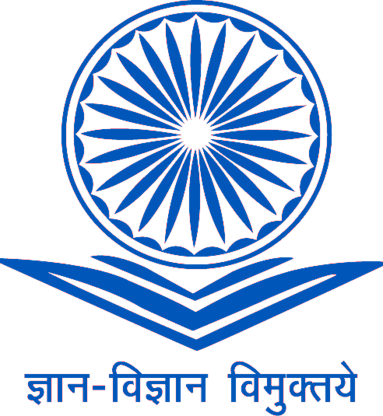India’s New Education Policy, A Study of Impact on Economy
Abstract
The National Education Policy (2020) seeks to obtain transformational reforms in school and higher education, shaping India into a global knowledge superpower. The Union Cabinet, chaired by PM (Prime Minister Shri Narendra Modi), supported the National Education Policy 2020 on July 29, 2020. This policy replaced the 34-year-old National Policy on Education (NPE) 1986. This policy opposes building the foundational pillars of Access, Equity, Quality, Affordability, and Accountability. Also, this policy aligns with the 2030 Agenda for Sustainable Development. The National Education Policy (NEP) aspires to transform India into a vibrant knowledge society and global knowledge superpower by making both school and college education more holistic, flexible, multidisciplinary, suited to 21st century needs and desired to bring out the unique abilities of each student. The new policy replaces the earlier National Policy on Education, 1986. The guideline is a complete framework for elementary education, higher education, and vocational training in rural and urban India. The policy seeks to transform India's education system by 2021. The primary objective of this analysis is to investigate the impact of the New Education Policy 2020 on higher education. The study outlines the salient features of NEP and analyses how they affect the existing education system.














